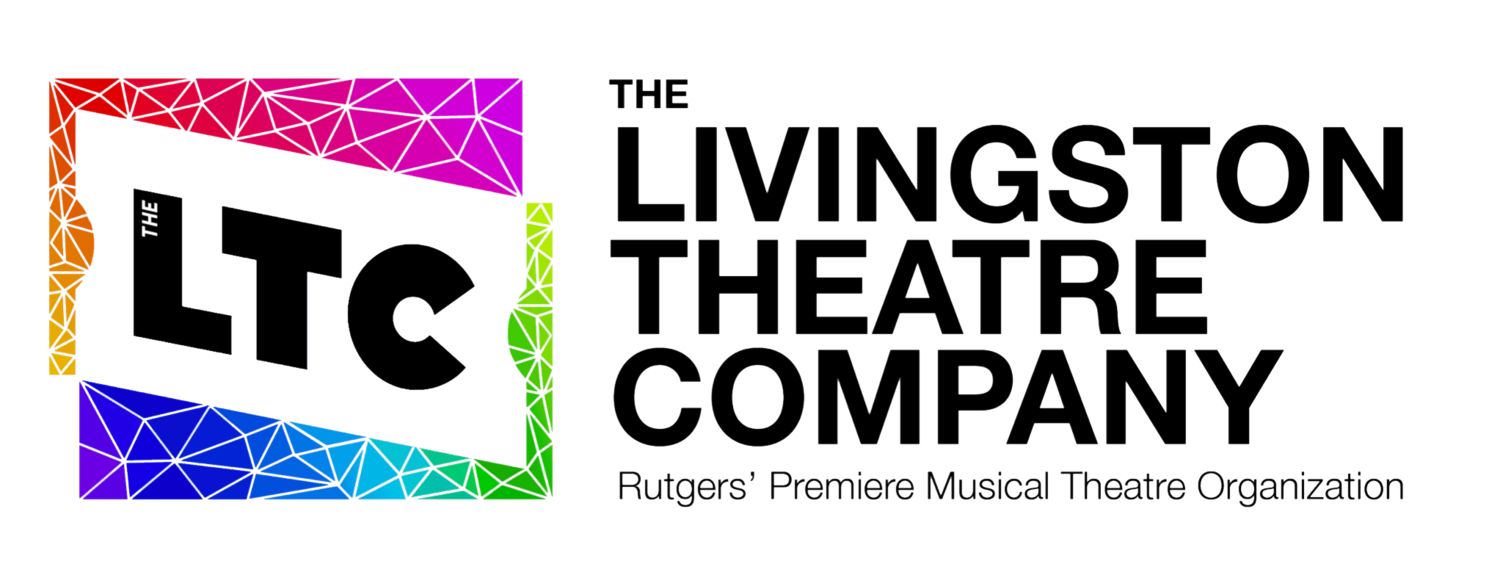Production Staff
Are you a natural leader? Do you have a vision for a show that the LTC is producing that you want to see come to life? With positions varying from Director to Choreographer and a plethora of design positions available, these people bring a show to life. A show's production staff is directly responsible for the artistic integrity of the company. The Production Staff is chosen on a per show basis. The Director is chosen by the input of the Executive Board based on their vision for the show, and each of the other positions are chosen with the Director’s input.
Director
The director is in charge of all the creative items on the stage. They are responsible for working with the Executive Board to carry out the vision through different creative aspects of the production process. The director casts the show along with the choreographer and musical director. They are in charge of running rehearsals, blocking scenes, and coaching actors in their performances. They must also have a good understanding of the technical aspects to facilitate the creative vision of the show. The Director in an LTC show cannot perform in a show that semester due to the time commitment.
Stage Manager
The Stage Manager is responsible for creating schedules for the production and facilitating rehearsals. The Stage Manager must attend each rehearsal and take notes on blocking, props, set changes, and more for the prompt book. They also acts as the liaison between the cast and the rest of the production staff. The Stage Manager is critical for tech rehearsals and performances, during which they will sit backstage or in the wings to "call" the show (giving instructions to stage crew, lighting, and sound). The Stage Manager in an LTC show cannot perform in a show that semester due to the time commitment.
Musical Director
The Musical Director’s responsibilities include assisting with casting the show, teaching the music to the cast, acting as a vocal coach, and managing the pit orchestra. Proficiency in playing the piano is strongly recommended. Often, more than one person may take on this role due to the large assortment of skills required. The Musical Director of an LTC show may not perform in a show that semester due to the time commitment.
Choreographer
"The key to good choreography is creating the right dances for the level of your performers and making them look good performing it" (Gary P. Cohen, The Community Theater Handbook p 26). The Choreographer is responsible for developing the dances and managing the flow of the musical. Whether a show is heavy in dance or more movement-based, the Choreographer must convey the theme of the show in a fun and engaging manner.
Costume Designer
The Costume Designer is responsible for the actors’ attire and the overall aesthetic of the show. They must be able to work with the director to understand the vision and carry it out in conjunction with the set, lighting, and blocking. Costumes are originally made, rented, or borrowed. The ability to sew is a plus but is not a requirement.
Props Manager
The Props Manager is responsible for determining all props needed for the production and then renting, building, and/or otherwise acquiring them. They must be able to work with the director to find appropriate props that are both useful and aesthetically correct for the production. The Props Manager should have craft skills and the ability to find uncommon items.
Set Designer
The Set Designer works closely with the director and the Production Manager to design a stage setup that is within both the vision and budget of the production. It is critical that the Set Designer is available for each open build in order to facilitate the creation of the set.
Lighting Designer
The Lighting Designer must be knowledgeable of basic theatrical lighting fixtures and how to use them in creating various moods and effects. They are responsible for coming up with a lighting plot that lights the stage while conveying the vision of the Director. The Lighting Designer must closely read the script and attend rehearsals to understand the blocking of the actors. The Lighting Designer must be available for tech week of the show, where the lights are hung and focused. A board operator may be provided if there is interest, but it is not uncommon for the designer to run the light board. The designer is expected to take notes and make changes to the cues as necessary during tech week.
Sound Designer
The sound designer’s responsibilities include finding/developing any sound effects needed, managing mics for the actors and pit, and running the sound board during the show. The sound designer ensures proper blending throughout the musical numbers of the show. Technical sound experience is recommended.
Assistant to a Production Staff Position
Multiple positions available. Assistants work directly with their production staff counterpart. This is not a "coffee run" kind of job, but is instead meant for responsible, well rounded people who are willing to take on responsibility and may even wish to eventually take on a production staff position. Assistants will be expected to keep in close contact with their production staff counterpart.
If any of these positions interests you, you should consider applying for that position in an LTC show. Each of the LTC's main stage shows, and even several smaller events, requires some form of a production staff. Consistently check the website about announcements of due dates for applications, and email info@rultc.org if you have any questions about how to get involved.

